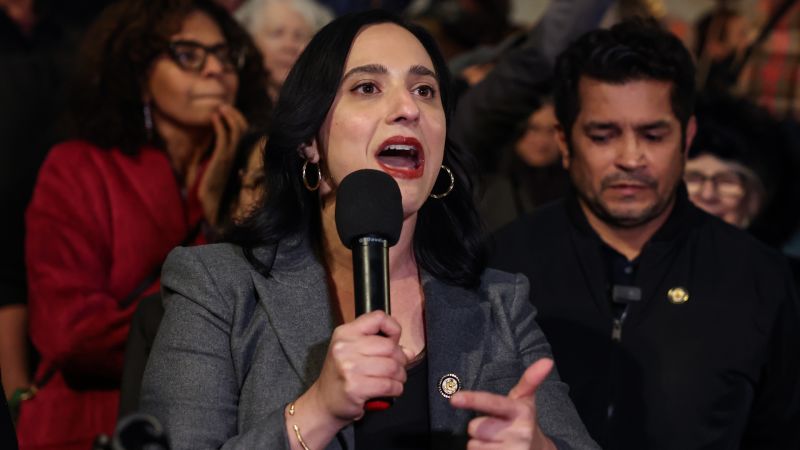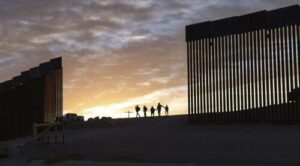
Rep. Yassamin Ansari (D-Arizona), an Iranian-American lawmaker, has raised alarms over a noticeable increase in the detentions of Iranian nationals by U.S. Immigration and Customs Enforcement (ICE). This surge has ignited widespread backlash online and renewed scrutiny of immigration enforcement policies driven by national security concerns.
The issue has gained traction as social media platforms have become a battleground for debates on the fairness and necessity of these detentions. Critics argue that the policy disproportionately targets individuals based on their nationality rather than any credible threat they may pose.
Background on ICE Detentions
The recent uptick in detentions is not an isolated incident but rather part of a broader pattern of intensified immigration enforcement in the United States. Historically, ICE has been tasked with enforcing immigration laws, but its methods and priorities have often been a subject of political debate.
In recent years, the agency has been criticized for its aggressive tactics, particularly under administrations that prioritize national security. The detentions of Iranian nationals have brought these issues into sharper focus, especially given the complex geopolitical relationship between the United States and Iran.
Historical Context and National Security Concerns
Relations between the U.S. and Iran have been fraught with tension for decades, often influencing immigration policies. Following the Iranian Revolution in 1979 and subsequent events, Iranian nationals have faced increased scrutiny when entering the United States.
According to a report by the Migration Policy Institute, Iranian immigrants have historically been well-integrated into American society, with high levels of education and employment. However, national security concerns have often overshadowed these contributions, leading to policies that some view as discriminatory.
Expert Opinions and Public Reaction
Experts in immigration law and policy have weighed in on the current situation. Dr. Sarah Khan, a professor of immigration studies at Georgetown University, notes that the detentions could be part of a broader strategy to deter immigration from countries deemed as security threats.
“While national security is a legitimate concern, it is crucial that enforcement is balanced with fairness and respect for human rights,” Dr. Khan stated.
Meanwhile, advocacy groups have been vocal in their opposition to the detentions. The American Civil Liberties Union (ACLU) has called for greater transparency in ICE’s operations and a reassessment of policies that may lead to racial or ethnic profiling.
Comparisons to Past Policies
Comparisons have been drawn to past immigration policies, such as the travel bans implemented in recent years, which also faced significant backlash. These policies were criticized for targeting predominantly Muslim countries, including Iran, and were eventually challenged in courts.
Observers note that while the current detentions may not be as sweeping as the travel bans, they nonetheless reflect a similar approach to immigration enforcement that prioritizes security over inclusivity.
Implications and Future Outlook
The implications of these detentions are far-reaching, affecting not only the individuals detained but also the broader Iranian-American community. There is concern that such actions could lead to increased fear and mistrust among immigrant communities.
Looking forward, lawmakers like Rep. Ansari are advocating for policy changes that would ensure immigration enforcement is conducted fairly and transparently. There is also a push for legislative oversight to prevent potential abuses of power by enforcement agencies.
As the debate continues, it remains to be seen how the Biden administration will address these concerns, particularly as it seeks to balance national security with its stated commitment to humane immigration policies.
The situation underscores the ongoing challenges in crafting immigration policies that are both effective and equitable, a task that will likely remain a contentious issue in American politics.







